Right at the outset of this autobiographical novel — in fact it reads more like a memoir — Ismail Kadare sets up his stall as a lover of women. His lust even permeates his similes: ‘… that particular path, like some women who, though not beautiful, possess a hidden charm…’ and that’s only the walk to the post office. It’s a clue, and romance plays a big part. He starts with an encounter — Brigita, a beautiful Latvian at summer camp in Riga — and in Moscow he seems far more interested in the lovely Lida than his writing.
But girls don’t hog all the imagery. Kadare has an almost Virgilian penchant for comparison. Usually he hits the mark, as when the domes of St Basil’s are likened to ‘coloured soap bubbles blown by some gigantic mouth’; or, pursuing his girlfriend down a spiral staircase, while she travels down its centre in the lift, he is the frieze winding itself round Trajan’s column. Sometimes he takes it too far. On insomnia:
Although I tried hard, I managed to reach only the outer rim of the Valley of Sleep, the colourless, soundless foothills far removed from the picturesque heartland of my dreams.
The narrative centres round the time (1958–60) that Kadare himself spent in Moscow at the Gorky Institute of World Literature, a sort of Soviet ‘factory of the intellect’. The institute’s aim was to produce a new generation of Soviet writers. Largely, if we believe Kadare, it failed. He’s affectionately sceptical about his fellow students’ efforts. They are described telling one another drunkenly the plots of projected plays and novels, most of which, if they get written at all, are destined for obscurity. However, he avoids smugness, presenting himself as just another cog in this dubious machine — a camaraderie of mediocrity.
The drabness of Khrushchev’s Moscow is captured in a style that, simile and metaphor apart, is sparse and deadpan. The life of the apprentice writers, the futility of their efforts (more often than not mere Soviet propaganda) and the sordidness of their accommodation form a microcosm of this overall grimness. In a largely unlit firmament, one star appears briefly — the poet Yevtushenko — though even he, according to Kadare, is just another of the ‘the disappointed ghosts’. Offstage looms a giant, Pasternak. But in this nightmare world, he is persecuted — hounded by the media after being awarded the Nobel prize. A carefully orchestrated nationwide campaign to make him refuse the award is the book’s defining episode.
It’s doubtless good writing to evoke pessimism and totalitarian greyness so vividly, but it has its disadvantages, and at times we get bogged down. For this reader, the women are the highlight. A night-time search with Brigita for King Zog’s villa outside Riga is thrillingly described, while the account of the late-night flight of Kadare’s girlfriend, the beautiful Lida, from the institute’s dingy hall of residence will strike a chord with anyone who ever had a hot date go wrong.
Got something to add? Join the discussion and comment below.
Get 10 issues for just $10
Subscribe to The Spectator Australia today for the next 10 magazine issues, plus full online access, for just $10.
Available from the Spectator Bookshop, £15.29, Tel: 08430 600033. Ranjit Bolt is a playwright and translator and the author of Losing It, a novel in verse.
You might disagree with half of it, but you’ll enjoy reading all of it. Try your first month for free, then just $2 a week for the remainder of your first year.



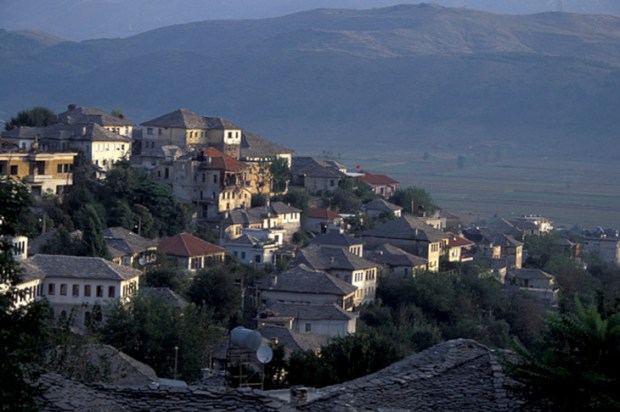
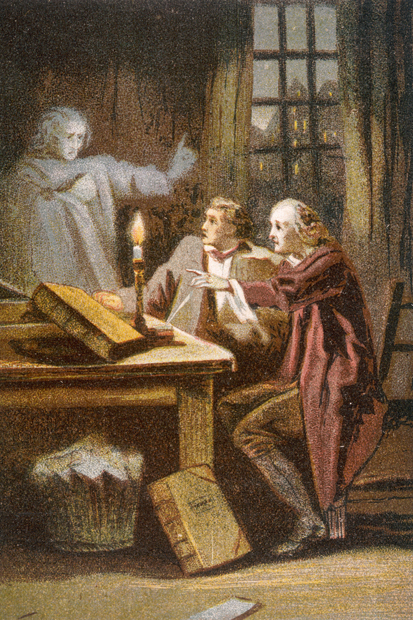
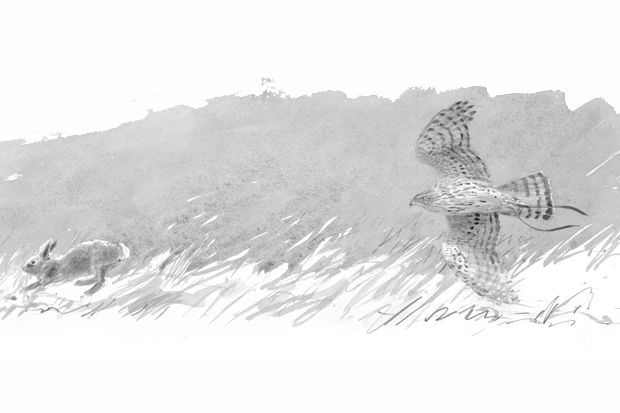
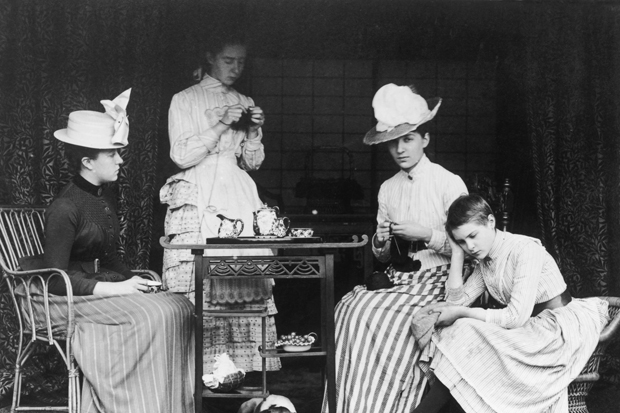
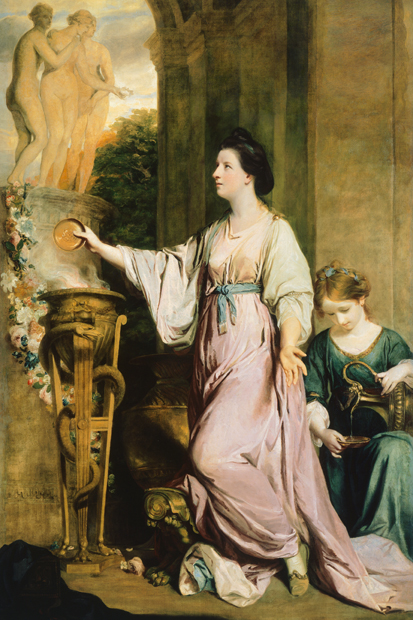






Comments
Don't miss out
Join the conversation with other Spectator Australia readers. Subscribe to leave a comment.
SUBSCRIBEAlready a subscriber? Log in